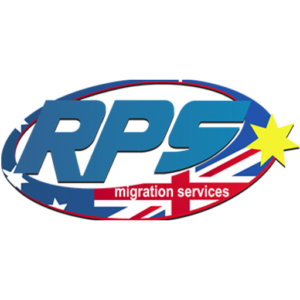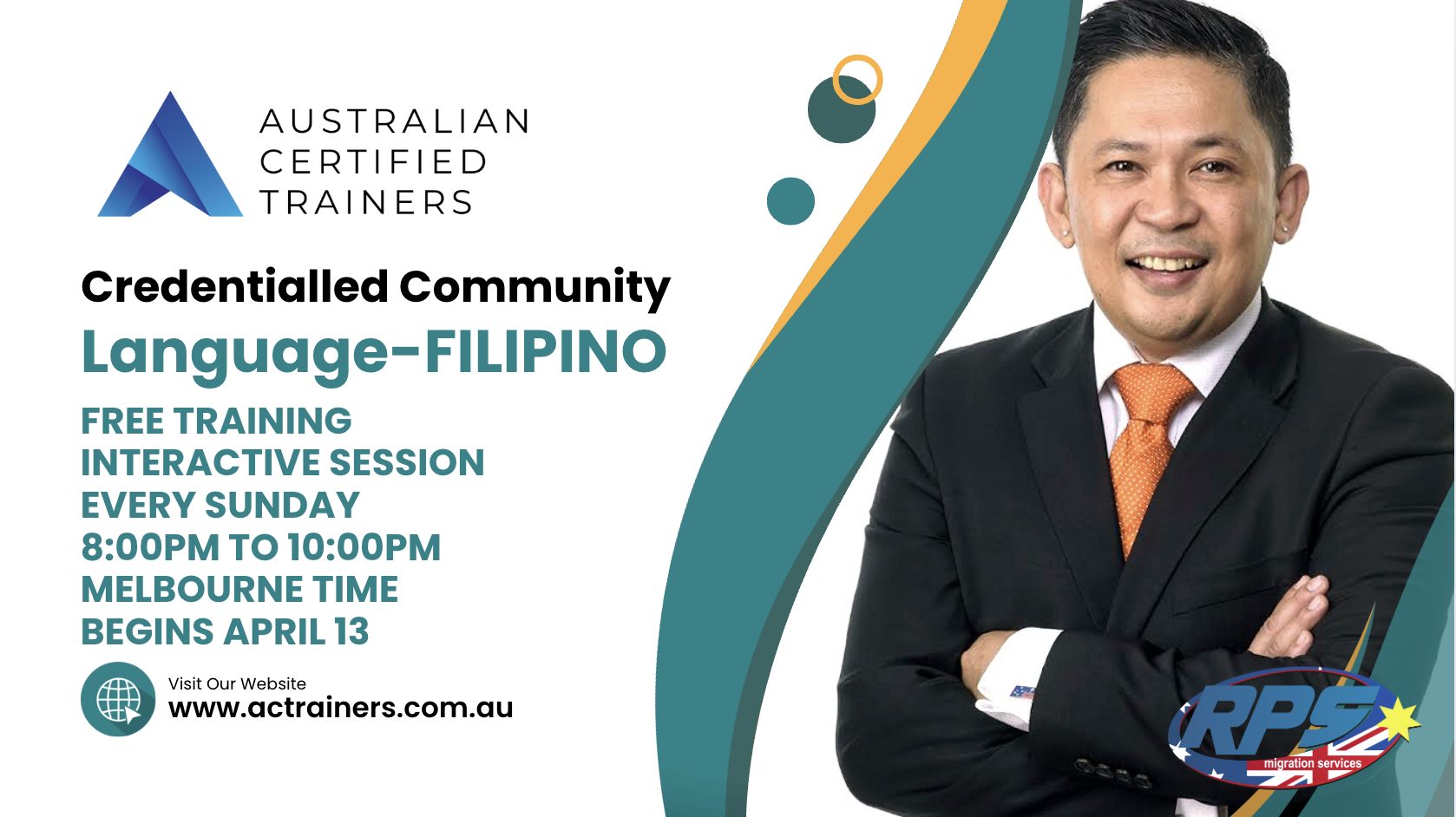Jenelle
0 Comments
We can help you study, live, work or migrate to Australia
Thinking about moving to Australia from the USA, the UK, or another country but don’t know where to start? Maybe you’ve visited the land down under… or maybe you’ve just read about it and seen the beauty of it online. Either way, life in Australia is unique. Australia is an amazing country with a diverse culture and rich resources. The cost of living is higher than in other countries, but the relaxed lifestyle and natural wonders are worth it. If you want to move to Australia, there are certain steps you need to take. You don’t just pack a bag, fly there, and plan on staying. You need to immigrate to Australia formally. This starts with having a good reason for living in Australia, such as work or study. You must apply for and obtain an Australian visa to support your reason. And understanding the cost of living and the culture will help you decide if Australia is a great place to live.
Changes in visa Regulation
As the focus continues on Australia’s Migration Program and migration rules are altered to meet our ambitious immigration targets, address the nation’s skills shortages and stimulate our economic prosperity. It’s important to keep up to date on the changing regulatory environment related to employing workers from overseas.9 Tips for a Successful Visa Application in Australia

I am here to help you with your booking and travel questions. Female sales agent holding plane tickets while smiling and making eye contact at the travel agency.
1. Select the Appropriate Visa
A variety of visas and pathways are available in Australia. Analysing your options and the differences between them, with your primary goals in mind, is crucial. Are you looking to work in Australia? There are over 20 types of skilled visas available, all with their own rights and pathways to permanent residency, including:- Skilled Work Regional (Provisional) visa (subclass 491)
- Skilled Independent visa (subclass 189)
- Global Talent Visa (Subclass 858)
- Visitor Visa (Subclass 600)
- Student Visa (Subclass 500)
- Partner Visas (Subclass 801 and 820 & Subclass 309 and 100)
- Skilled Nominated visa (subclass 190)
2. Collect All Necessary Documents
Before applying for your visa, you must locate all relevant documents for your application. This will vary depending on the visa you are applying for and may include:- CV and resume;
- academic transcript;
- birth certificate;
- financial statements;
- evidence that you are in a genuine long-term relationship; or
- evidence that you are married to an Australian Citizen or Permanent Resident.
3. Examine Prior Applications’ Impact on Your Application
Have you previously had an Australian visa application refused or denied? If so, it may (likely) impact your application. For example, you may be Section 48 Barred if your visa application has been refused by the Department since last arriving in Australia and you no longer hold a substantive visa. Several factors impact whether an applicant can reapply for their refused visa. Moreover, if you have previously held a substantive visa and you are seeking to apply for another substantive visa while onshore, you may be barred, and your visa options may be limited.4. Adhere to the Application Process Thoroughly
In addition to collecting all relevant documents, it is crucial to follow all steps in the visa process carefully, such as paying the application fees and correctly completing all required forms. Adhering to these steps will go a long way to ensuring your application is successful and processed as quickly as possible. Tip: If your visa is refused, it will (likely) impact any future Australian visa applications. You can read more about this here.5. Health & Character Requirements
All visa applicants must satisfy specific health and character requirements to be eligible for a visa.You should be transparent about any health-related issues you have. Having health issues does not mean your visa will be refused, but misleading the Department by hiding essential information almost certainly will.Additionally, applicants will meet the character requirements if their visa application shows no substantial criminal record and good general behavior.6. Dependants & Family
Many visas allow applicants to include family members in their application if they are considered dependent. The term dependent is often limited to members of the family unit under the age of 18 years. Visas that allow for dependants include:- Prospective Marriage (subclass 300) visa
- Temporary Graduate (subclass 485) visa
- Temporary Skill Shortage (subclass 482) visa
- Skilled Work Regional (Provisional) (subclass 491) visa
- Business Innovation and Investment (Provisional) (subclass 188) visa
7. Prepare for the Visa Interview
Some visa applications require an interview, such as the student (Subclass 500) visa. It goes without saying, but preparation will increase your chance of success. Preparing for your visa interview includes understanding why you’re being interviewed, knowing your short- and long-term goals in Australia, and knowing your study/living/working plans in Australia, just to name a few.8. Consult with a Migration Team
Migration agents and legal practitioners based in Australia possess a comprehensive understanding of migration law and the procedures established by the Department. They leverage their expertise to provide guidance and assistance to their clients.Our migration team provide specialist advice and helps with applications for all migration and citizenship matters. Our migration services include:- Assessing your visa eligibility;
- Mapping your pathway to permanent residency and citizenship;
- Assisting with gathering support documents;
- Submitting visa applications; and
- Responding to the Department on your behalf.


